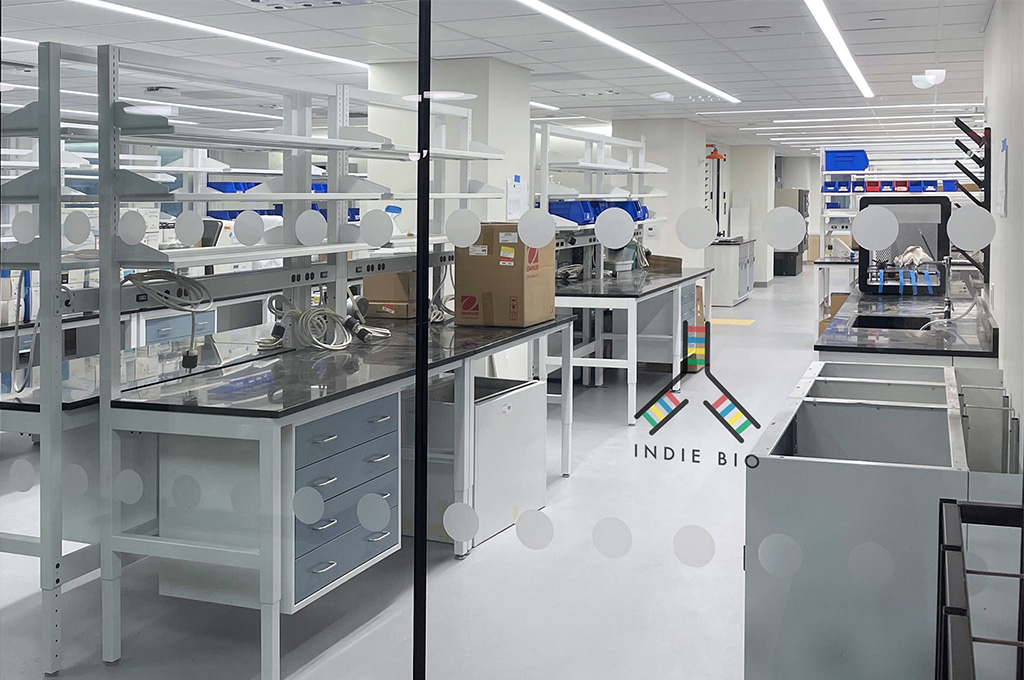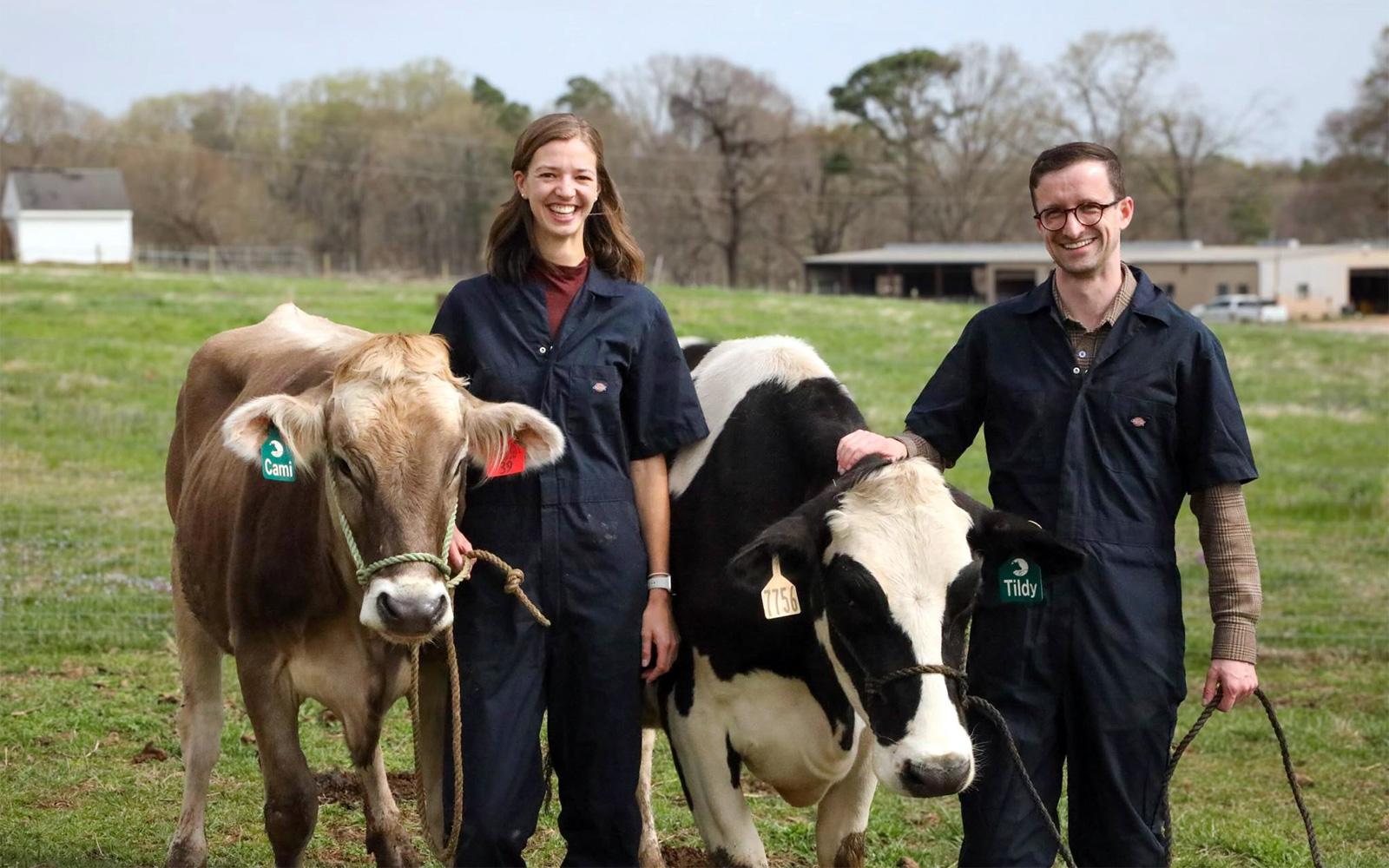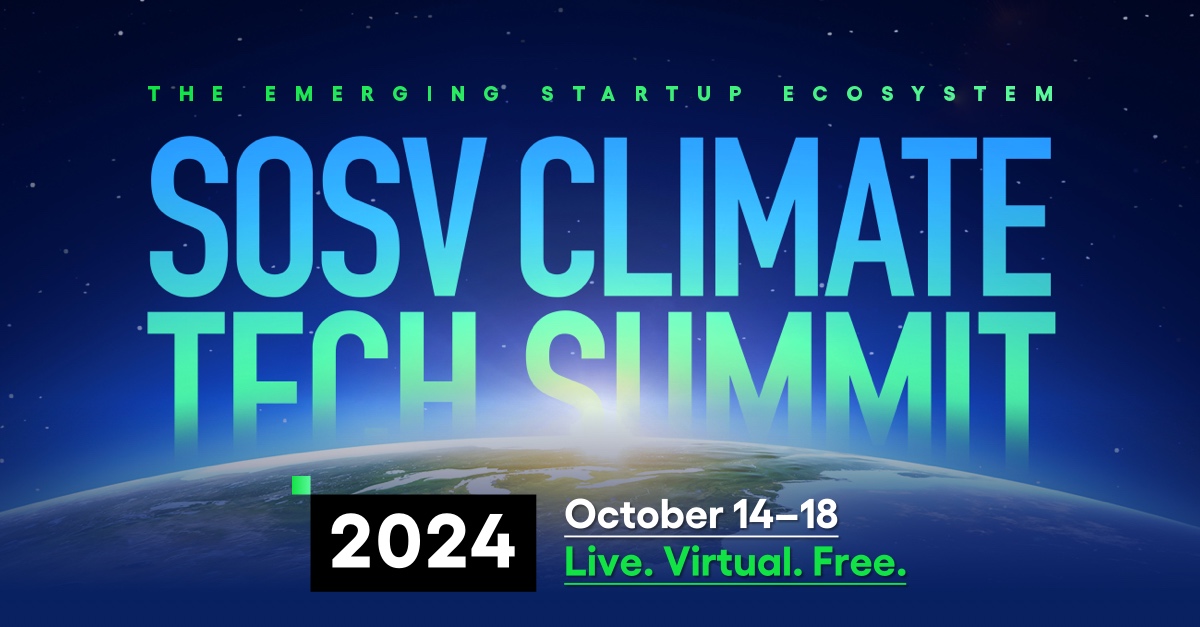Ceragen produces probiotics for plants that help crops grow faster and bigger. Their unique discovery platform allows Ceragen to identify the ideal microbial consortia for each crop type, including crops like tomatoes and lettuce.
Watch Ceragen present at IndieBio NY Class 3 Demo Day
We spoke to CEO Danielle Rose about the importance of producing high quality produce and her passion for commercializing research discoveries.
What is sustainable intensification and why is it important?
The majority of the world’s population does not have access to sufficient vegetables to actually meet a healthy diet. Also, in terms of climate change, it’s getting harder and harder to continue producing foods. So we’re having to clear more land, and just keep expanding our agricultural practices.
What we really need to be doing—and what people are starting to do—is something called sustainable intensification, or producing more food from less land. This means that there is more land available for things like reforestation, and really not having to have that negative impact, like clearing the land that we have traditionally had to have with agriculture.
What makes you feel so passionate about commercializing basic research findings?
There are researchers making all of these amazing discoveries all the time that never really make it to market because that process isn’t something taught to a lot of scientific people. We don’t get taught market discovery in school; we don’t get taught how to do basic business, how to see an idea and be like, hey, this can solve a real world problem that I think people would actually pay money to solve—we can get this out into the real world and make something of it.
I think that’s a real shame, because there’s a lot of amazing research that just sits and doesn’t make the positive impact that it could! This is really a waste of resources and detrimental to society as a whole.
How did you help identify a market opportunity for plant probiotics?
I connected with some professors at the University of Waterloo who are researching plant growth-promoting microbes, since I was an area I was interested in. I started to help them do market discovery, since I had gained some business experience in the previous year, when I had worked on a startup that I started with a friend.
One of the things that we had determined was, wow, we have this amazing market opportunity here with these microbial products! And the ability to not only make a social impact, where we help increase fresh vegetable production, so that people have a more sustainable, better opportunity to access the sort of fresh vegetables, but also to increase the environmental sustainability of agriculture by increasing the amount of food that we can produce from the same amount of land.
How do Ceragen products help produce more food?
Ceragen is developing microbial products that help plants in a number of ways. These microbes that we’re combining into basically consortiums, or groups, of microbes to help the plant offer benefits, like nitrogen fixation, helping the plants absorb phosphorus, promoting growth, as well as regulating stress.
How we do that is to take known plant growth-promoting microbes that we have isolated from environmental samples, and test them in all these different plants, to figure out which ones work best under which circumstances in which plants. We combine those together into products that help plants basically increase yields by enabling them to use nutrients better, reducing the amount of fertilizer that is used, as well as promoting growth and the amount of fruit that these products are yielding—or in the case of leafy greens, the amount of vegetation and the size of the lettuce and how fast it gets to market.
Our first product, Ceragen Accelerate, is for use in tomato crops. And we’ve seen anywhere upwards of 20% yield increases in tomatoes in our tests. We are currently in commercial trials for that product, and we have 3 commercial pilots ongoing with greenhouse tomato growers.
What is the mission of Ceragen?
Our mission is to help growers sustainably increase crop yields so that they can generate more revenue from their farms as well as produce more food to help feed our growing population.
I think the concept of the microbiome is pretty new in the agricultural space, all things considered in agriculture. So this is an area where a lot of people have paid attention to in the past and it’s only really started to gain traction in the last little while. So I think that the newness of the problem is something that we do have to face and also, you know, there have been some products that have been used before. That didn’t necessarily live up to the claims that they made. So having really good testing data, having really good validity on the function of our products, is something that we’ve been really striving towards.



